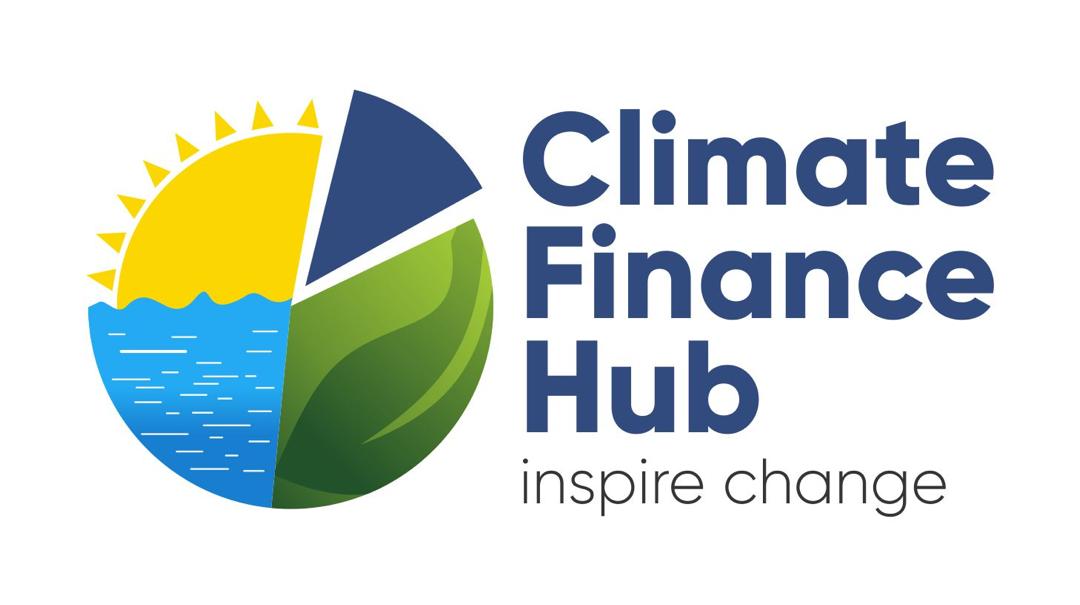As the global community gears up for the upcoming COP29 climate conference, developing nations are intensifying their calls for wealthier countries to fulfill their commitments regarding climate finance, often referred to as “climate debt.” This pressing demand highlights the ongoing disparities in financial responsibilities and the urgent need for collective action to address the challenges posed by climate change.
Understanding Climate Debt
The concept of climate debt refers to the obligation of developed countries to provide financial support to developing nations that are disproportionately affected by climate change. This debt arises from historical emissions, which have contributed significantly to global warming, while many developing countries bear the brunt of its consequences despite contributing the least to the problem.
- Historical Responsibility: Developed countries, having industrialized over the past century, are responsible for a substantial portion of global greenhouse gas emissions. Developing nations argue that they should not be left to deal with the impacts of climate change alone.
- Funding for Adaptation and Mitigation: Developing countries require robust financial support to implement climate adaptation strategies, transition to renewable energy sources, and enhance resilience against climate-related disasters. The need for immediate and sustained funding is critical as many nations face urgent climate challenges.
Recent Developments and Demands
Ahead of COP29, representatives from developing nations are vocalizing their demands for action on climate debt during international forums and negotiations. Key points of emphasis include:
- Financial Commitments: Developing nations are urging wealthy countries to honor their pledges to mobilize $100 billion annually for climate finance, a target set during the Paris Agreement negotiations. This commitment is seen as a fundamental step toward addressing climate debt.
- Increased Climate Financing: In addition to meeting existing commitments, developing nations are calling for increased climate financing to address the growing impacts of climate change, including natural disasters, rising sea levels, and food insecurity.
- Equity and Justice: Advocacy for climate justice is central to the discussions, with developing countries emphasizing the need for equitable financial support that acknowledges the historical context of emissions and their ongoing impacts.

Challenges Ahead
Despite the urgency of these demands, several challenges remain in addressing climate debt:
- Political Will: Achieving consensus among developed nations on climate financing can be difficult, as differing priorities and economic considerations often impede progress.
- Economic Constraints: Many developed countries are grappling with economic uncertainties and competing domestic demands, which can hinder their willingness to allocate additional funds for climate action.
- Accountability Mechanisms: Ensuring transparency and accountability in how climate finance is disbursed and utilized remains a challenge. Developing nations are advocating for mechanisms that track funding and ensure it reaches the intended beneficiaries.
Conclusion: A Critical Moment for Climate Action
The calls from developing nations for wealthy countries to address climate debt ahead of COP29 represent a pivotal moment in the global climate dialogue. As the impacts of climate change become increasingly severe, the need for equitable and effective financial support is more urgent than ever.
Wealthy countries must recognize their historical responsibilities and act decisively to fulfill their climate finance commitments. By doing so, they can help create a more equitable framework for climate action, empowering developing nations to build resilience and contribute to global efforts to mitigate climate change.
As COP29 approaches, it is essential for the global community to unite in addressing climate debt, fostering collaboration, and ensuring a sustainable future for all.




